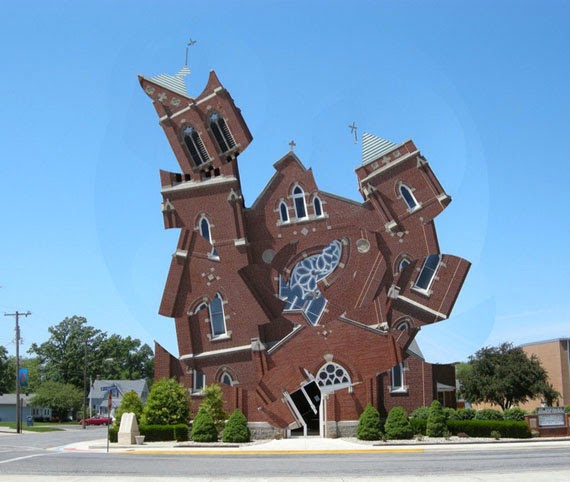Christmas never lived up to its hype. I was glued to the television, watching old movies, some animated some not, listening intently to the message being conveyed. I loved those movies. From “Christmas in Connecticut” to the most recent adaptation of Dicken’s “A Christmas Carol,” I watched carefully as the characters preached to me about what Christmas meant. Or so I thought. They did preach and they did tell me what Christmas was supposed to be, but as I looked around me, my world did not reflect the message. It rarely snowed, I never witnessed a “Christmas miracle” and frankly the presents under the tree usually left me feeling empty. I suspect I could have joined the ranks of those who boldly proclaimed, “bah. Humbug!”
Thankfully, the idea of a kind of Victorian experience of Christmas has long left me. I avoided having the disconnect continue to haunt me. I simply began looking and listening a little closer. There is much to be commended by the saccharin nature of expecting Christmas to meet ones needs for family, celebrations and parties, but in the long run, those type of experiences rarely satisfy. Don’t get me wrong, I am a huge Bing Crosby fan; I love all those Home Alone movies and “A Christmas Story” still makes me chuckle. But that’s not Christmas.
For years I have heard that Wal Mart and others have engaged on a “war on Christmas.” I am not completely sure but I think the war started when people replaced the greeting “Merry Christmas” with a generic greeting along the lines of “Happy Holidays.” While I disagree that somehow the general greeting is part of a concerted effort to diminish the holidays, I mean Christmas, I do agree that our society has no clue what it is that Christmas celebrates.
The real war on Christmas centers around our attempts to be “all-in” on snow, and trees, and elves and a jolly old fellow, along with families gathering around the fireplace and singing Elvis Presley songs about being home for Christmas. Sometime ago I watched a documentary on refugees from the Sudan. In one scene, several of the young men were in a mall during Christmas. As they watched Santa greeting all the children, one of them remarked in a rather exasperated tone, “well, I have never….” Indeed. The scene turned to the village from where they came, celebrating Christmas with dance and worship. Take a bystander out of that mall where Santa was revered, place them among those dancing and worshipping in the Sudan, and I know we would hear that person say “well, I have never…”
Christmas is the feast of the Incarnation. Christmas is the celebration that God condescended to become human. Not only that, but God came as Emmanuel (God with us) through God’s birth as an infant, born to two refugee immigrants. Unable to find room in the Inn, the child was born alongside animals in a cave; finding no bed to lay him in, his mother placed him in a manger that was used to feed the animals. This is a ridiculous, amazing, unexpected and ultimately a cataclysmic story. It is the tale of God changing everything. The very essence of what it means to be human was changed with God became human. This has nothing to do with religion, snow, chestnuts roasting on an open fire and gifts exchanged under a tree.
We are told that Christmas is best celebrated among family and friends. The best Christmases, the story goes, is when we give the best presents to all those we love and eat and drink all of our favorite foods and beverages. That sounds good but it misses the point completely. Christmas is about God’s love and desire to show us that through the gift of God’s self. This isn’t selling out to the “bah humbugs” that many might say during this year of Covid and quarantine but it is recognizing that the Victorian celebration for which so many seem to yearn is a poor, lonely, and empty substitute.
So I leave you with this: may the reality of God’s love, shown on that first Christmas and daily, even in the Age of Covid, fill you with all hope. Merry Christmas.
